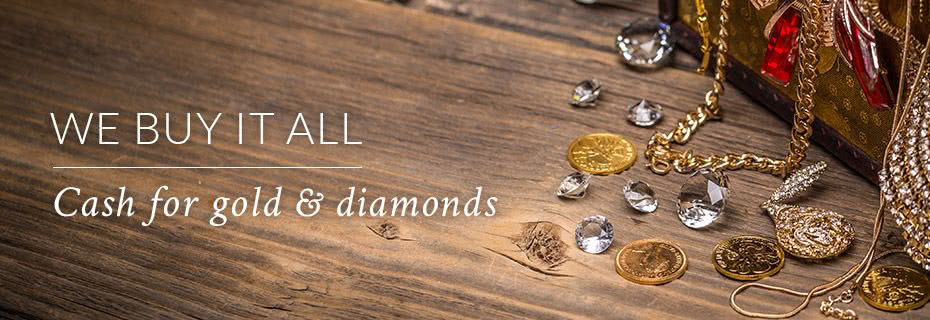One of the first things to evaluate when offloading gold is the present industry trends. Gold prices vary based on multiple elements, including economic conditions, inflation rates, and international demand. Keeping an watch on these trends can help vendors determine the best time to sell. For instance, if the value of gold is elevated, it may be a good opportunity to offload. Conversely, if valuations are diminished, it might be prudent to wait until they rise. Researching market trends can provide valuable insights and help vendors make informed choices.
Appraisal is another important factor of transacting precious metals. Before putting assets on the market, it is vital to know its value. This entails understanding the quality of the precious metals, which is measured in fineness, and the weight of the piece. Vendors should think about getting their assets valued by a certified expert to ensure they have an exact valuation. An evaluation can provide a definitive understanding of the gold's current value, which can help in negotiations with potential buyers. Understanding the value of the gold can also prevent vendors from accepting bids that are too diminished.
Finding the appropriate buyers is essential in a competitive market. There are multiple options available for transacting precious metals, including pawn shops, online marketplaces, and specialized gold clients. Each option has its advantages and disadvantages. For instance, pawn shops may provide quick cash learn about this here now but often at diminished prices, while digital marketplaces can provide entry to a larger clientele but may require more work to list and transact the assets. It is important for vendors to research prospective buyers and select the one that matches with their selling goals. Establishing relationships with trustworthy clients can also lead to improved bids and a more efficient transacting process.
When transacting gold, it is also crucial to be aware of the regulatory and moral factors involved. Sellers should make sure that they are complying with local regulations regarding the sale of precious metals. Additionally, being open about the condition and background of the assets can build confidence with buyers. Responsible selling practices not only protect the seller but also add to a positive reputation in the market. This can lead to recurring transactions and referrals, which are valuable in a fierce landscape.
In summary, selling precious metals in a competitive market demands careful preparation and evaluation. By remaining informed about industry trends, comprehending the valuation of assets, locating the right clients, and complying to legal and moral guidelines, sellers can maneuver the challenges of the gold industry effectively. With the right strategy, transacting precious metals can be a profitable venture that fulfills the vendor's financial needs.
